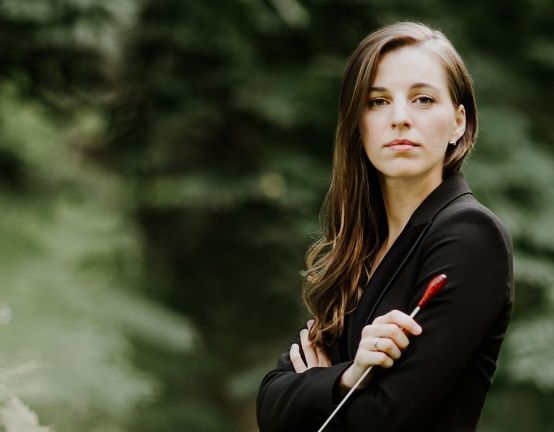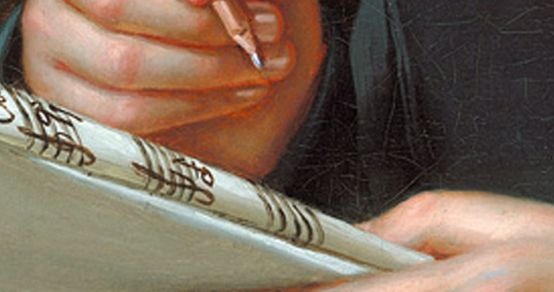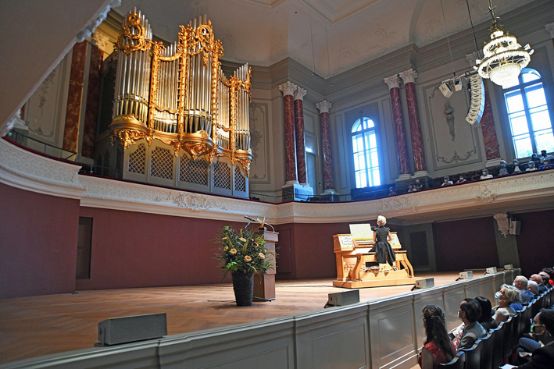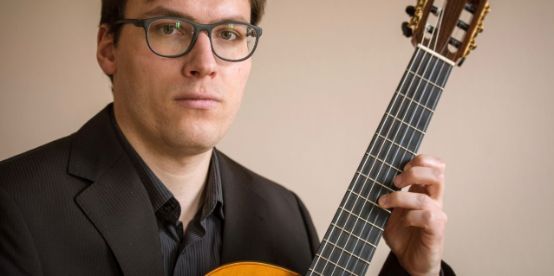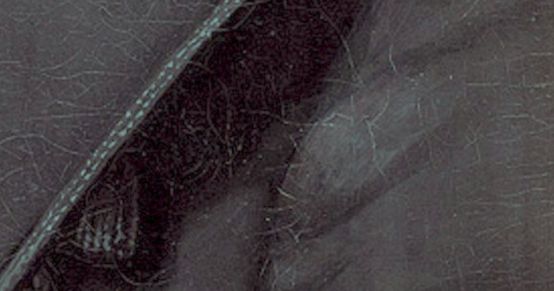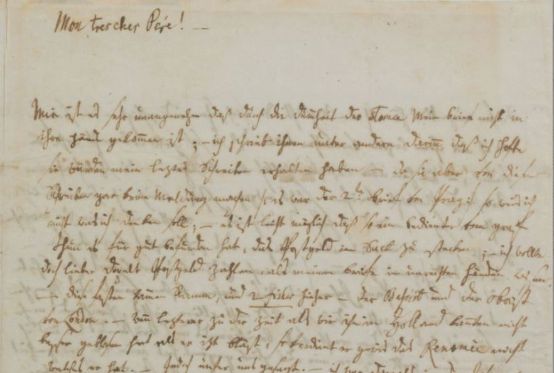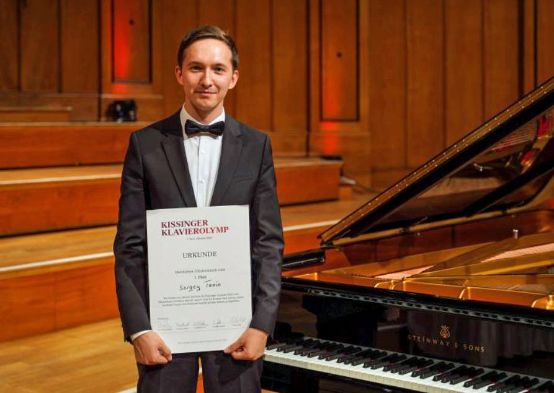St. Gallen promotes transformations
St. Gallen cultural enterprises can now also receive contributions for transformation projects in addition to compensation for losses. This was decided by the government based on the Swiss Federal Covid Act.
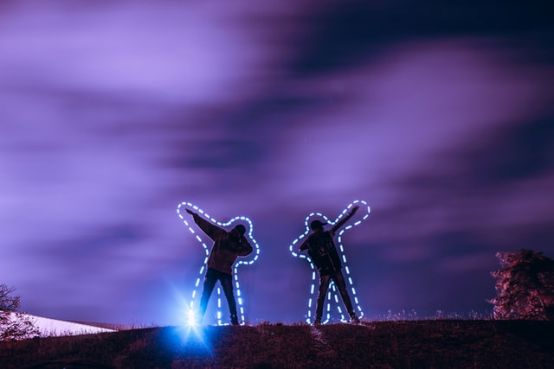
Since spring 2020 and until the end of 2021, a total of around CHF 22.8 million has been available for these support measures in the cultural sector. In future, book and music publishers as well as educational and event projects by bookshops and galleries will also be eligible in St. Gallen.
In accordance with federal legislation, non-repayable financial aid is provided in the form of cancellation compensation and now also contributions to transformation projects. Cultural enterprises can apply for compensation for financial losses resulting from the cancellation, postponement or limited implementation of events and projects or due to operational restrictions as a result of government measures. They can also apply for contributions to cover the costs incurred for transformation projects. This supports projects with which cultural enterprises aim to adapt to the changed circumstances and with which they want to achieve a structural reorientation or attract audiences.
Cultural enterprises can also apply for short-time working compensation. As a rule, short-time working is due to economic reasons. Loss of working hours due to official measures or other circumstances independent of the employer's will also count as short-time working. As the compensation for loss of earnings for cultural enterprises is subsidiary to the compensation for short-time working, those affected are requested in a first step to apply for short-time working compensation if possible.
Current information is available on the website www.sg.ch/coronavirus can be found under "Culture". The corresponding application forms will be available from November 1, 2020.







